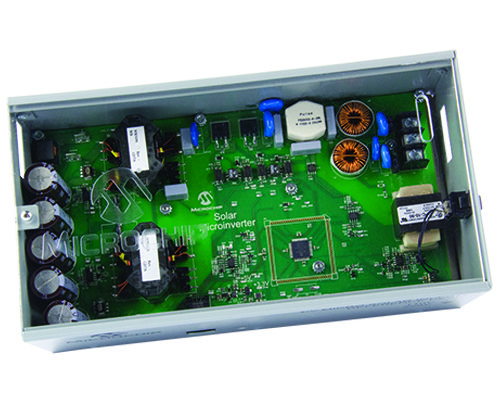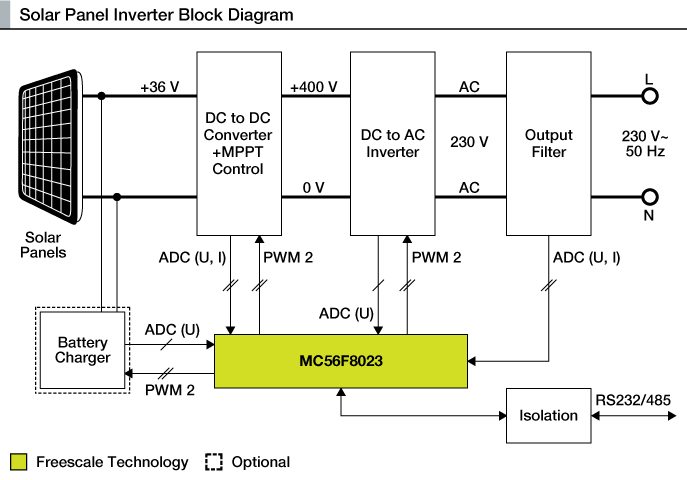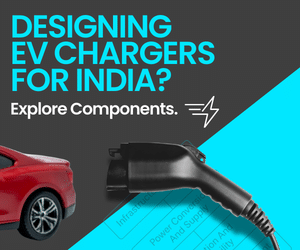Solar Inverters have now made a wide transition from simply inverting the DC currents of the solar panels to AC. Inverter manufacturers are constantly striving to innovate and cut down costs, while keeping several key parameters in mind – How efficient is the conversion from DC to AC? What will be the initial cost per watt of power? How quickly and easily the system will be manufactured? Are there any remote utility controls? Will the system last for another 25 years even in harsh conditions? Is the design flexible enough? What is the technology topology involved? Will the failure of an inverter be easily located/replaced?
Here are some reference designs of solar inverters from several key players which may help you get all these answers, whether your solar system application involves a 1 kW residential design or a megawatt utility power plant. Each reference design includes a fully tested board along with applicable application notes, schematics, datasheets, and more. Take a look!
Highly Efficient 215 Watts Grid-connected Solar Micro-inverter:

Does your photovoltaic system design need a low-cost and flexible solar inverter? Microchip introduces a solution of a 215 watts output power, single-stage solar microinverter where designers have flexibility to quickly design the product and cut down costs too. The heart of this reference design is a dsPIC33F ‘GS’ digital signal controller that controls power flow from panel to the grid. The dsPIC33F allows the designer to move from hard switching to soft switching techniques/ topologies thereby reducing switching losses and heat dissipation, and improving efficiency. The conversion from AC to DC power is done by an interleaved flyback converter. The Interleaved solution cancels the input and output current ripple extending the capacitor life to cope up with the 25 years life span of a PV panel. Furthermore, copper and core losses, rectifier diode conduction losses and THD are reduced in this topology. The system gives 94.5% efficiency under nominal conditions and ensures MPPT for 20V to 45V DC panel voltages. Find out more.
Network-enabled On Grid Solar Microinverter with Full Digital Control:

Here is a reference design that describes a fully digitally-controlled transformerless grid-connected solar microinverter. The digital signal controller MC56F8257 DSC integrated with high-performance digital signal processing allows the implementation of complex control algorithms with compact code and communication capability like QSCI, I2C, QSPI, MSCAN, WiFi or PLM (Power Line Modem) required in photovoltaic systems. A digital solution makes the system free from the effects of component parametric drift or aging. Adaptive control significantly reduces the influence of changing operating conditions. The system claims to have a Total harmonic distortion (THD) below 3% and MPP tracking efficiency reaching 99.5%. No electrolytic capacitors are used in the design. To know more, click here.









Can you Explain this circuit diagram, control techniques and algorithms in details. Also please describe the design procedures and equipment requirements and their rating in details. This is very much helpful for me. If you conduct any training regarding this, please inform me.
I request you to Can you please send me the sample code of this project.
We are interested in manufacturing of On Grid Inverters in India by assembling their parts in collaboration with parts manufacturers. Can some one help us?
We are interested in manufacturing of On Grid Inverters in India by assembling their parts in collaboration with parts manufacturers. Can some one help us?